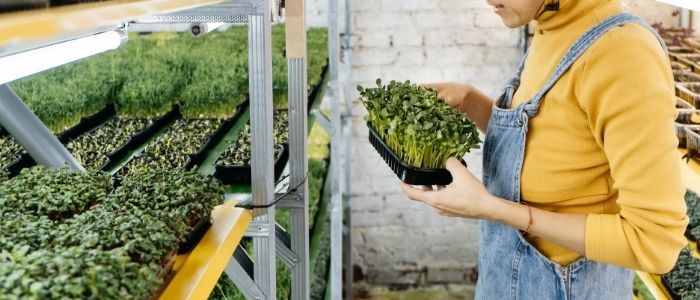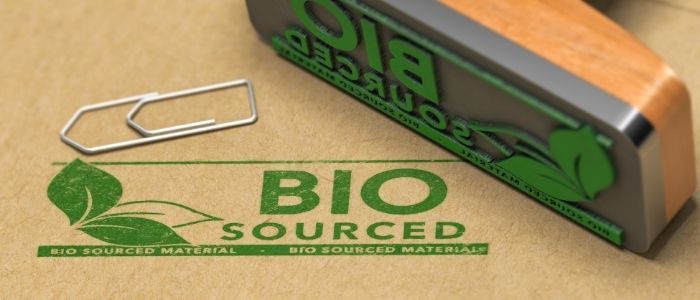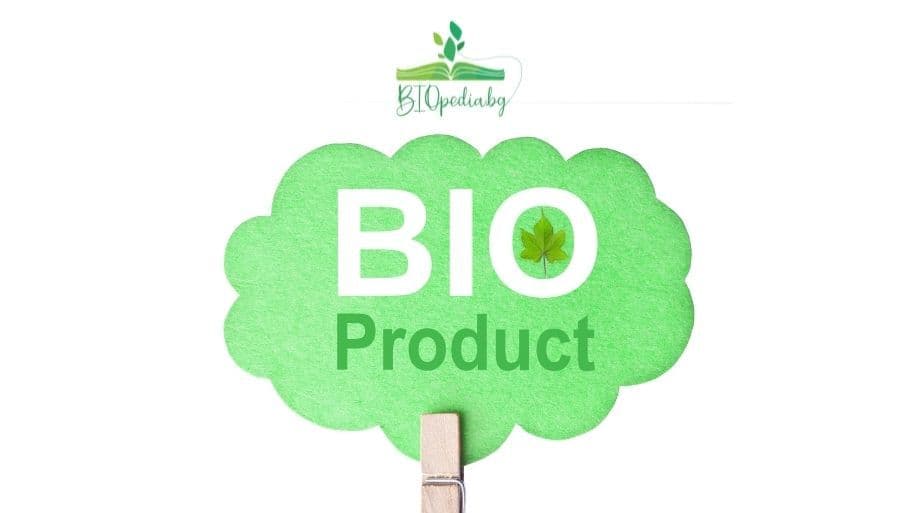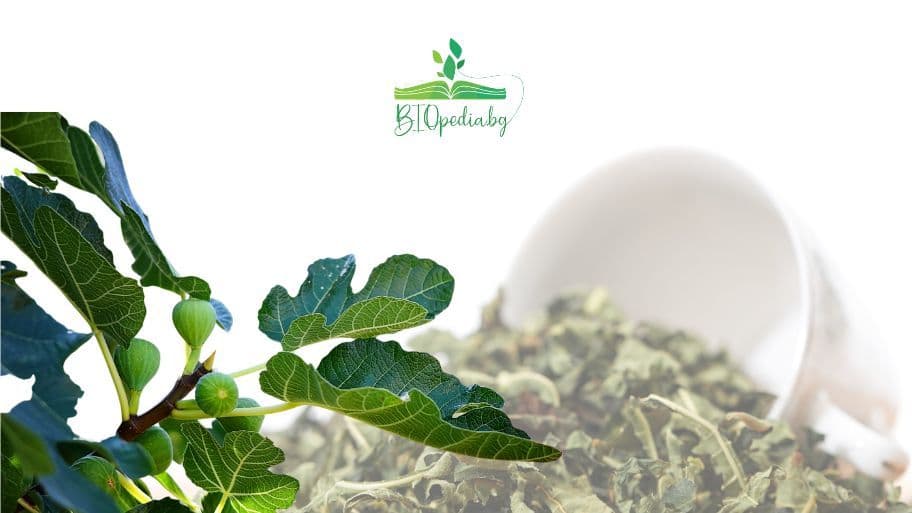You can snack on them, drink them, wear them and maintain your personal hygiene with them! Organic products can be found on almost every shelf in almost every store nowadays. We find organic products in different product categories on the market. The world of organic products is vast and wonderful and can easily become a part of our daily lives.
We at
[mybiopedia.com
](</>) truly believe that through the conventional products on the market, those in the organic category are the better choice for you, your family and our planet and nature around us in general.

Foods and beverages that are the product of so-called organic farming and fall into the organic category are the most natural choices on the market. The growing, harvesting and processing of organic products does not require or involve the use of artificial additives, colours and flavours, preservatives, chemicals and GMOs. In fact, the production of organic products reflects as much as possible in our modern times the way our ancestors grew their food. Besides organic fruits, vegetables, spices and other raw materials of plant origin, organic food products are also available from raw materials of animal origin. This category includes organic dairy products, meat, eggs and honey, which are derived from animals that have been reared according to extremely high standards of living and welfare. This means that these animals are raised under conditions that make the most of the best natural conditions, sun, fresh air, natural food. In addition, the animals from which organic products are obtained are not fed or injected with antibiotics, and their growth is not accelerated by hormones. Furthermore, these animals are bred in a natural way.

In a nutshell, growing and harvesting organic vegetables and fruits, spices, grains and crops, meat, dairy, eggs and honey are the healthiest, safest and best option possible for us. Not only is eating organic much better for us, but it is better for farming and industry, for nature and the environment, for the planet.
In growing and harvesting this type of produce and commodities, farmers use natural and natural ways to manage pests, smarter and more strategic crop rotation so that the soil is kept richer and more fertile each year. Organic farming thus reduces soil erosion and makes the cultivation and production of plant and animal commodities significantly more sustainable.

<span style="background-color:transparent;color:#000000;>Now that we know the cycle that all organic products go through to reach our table, let's find out what the process is like for the other products we see on the market.






Comments